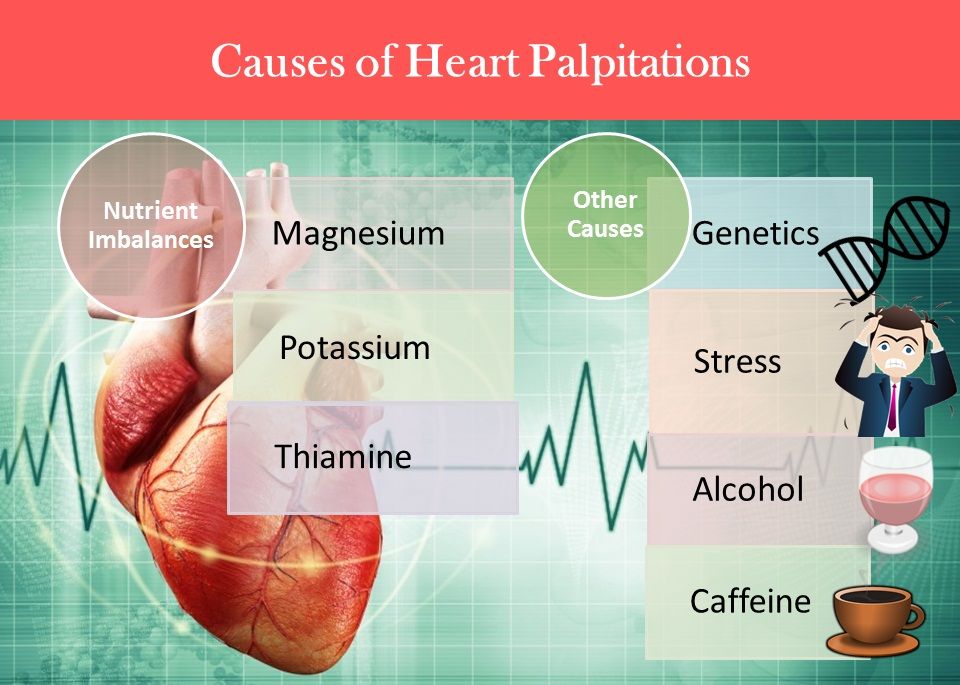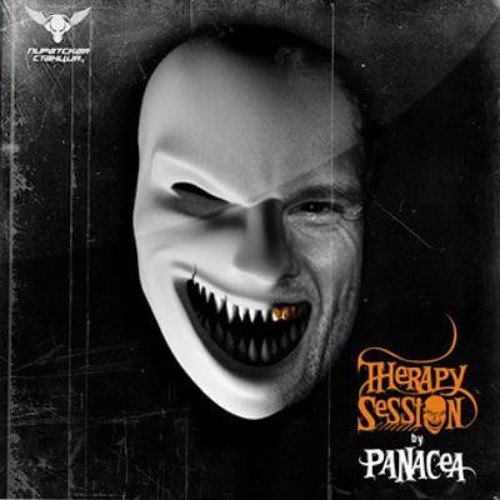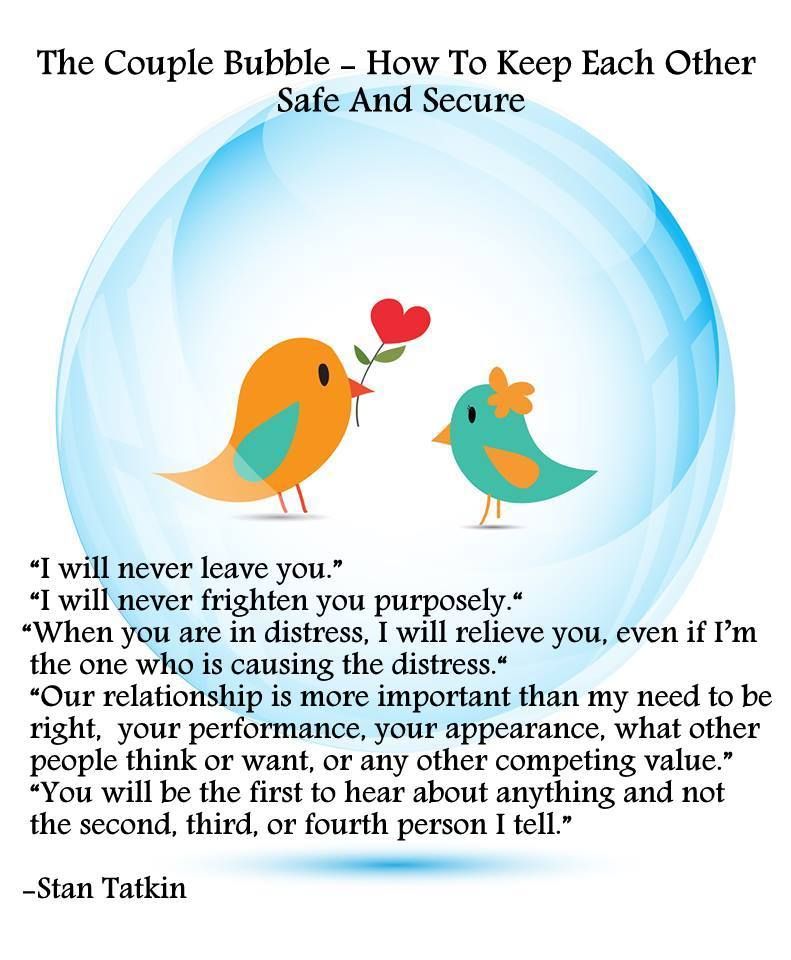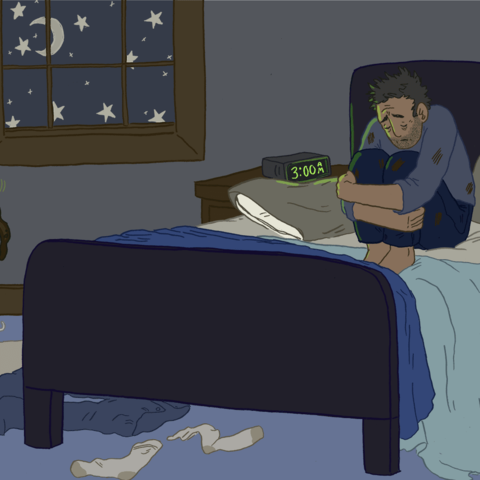How to live with someone that is bipolar
Helping Someone with Bipolar Disorder
bipolar disorder
Dealing with a loved one’s bipolar disorder isn't easy. This guide will help you navigate the challenges and support your friend or family member.
How can you help someone with bipolar disorder?
Dealing with the ups and downs of bipolar disorder can be difficult—and not just for the person with the illness. The moods and behaviors of a person with bipolar disorder affect everyone around—especially family members and close friends. It can put a strain on your relationship and disrupt all aspects of family life.
During a manic episode, you may have to cope with reckless antics, outrageous demands, explosive outbursts, and irresponsible decisions. And once the whirlwind of mania has passed, it often falls on you to deal with the consequences. During episodes of depression, you may have to pick up the slack for a loved one who doesn’t have the energy to meet responsibilities at home or work.
The good news is that most people with bipolar disorder can stabilize their moods with proper treatment, medication, and support. Your patience, love, and understanding can play a significant part in your loved one’s treatment and recovery. Often, just having someone to talk to can make all the difference to their outlook and motivation.
But caring for a person with bipolar disorder can also take a toll if you neglect your own needs, so it’s important to find a balance between supporting your loved one and taking care of yourself.
Other ways to help someone with bipolar disorder
You can also support your loved one by:
Learning about bipolar disorder. Learn everything you can about the symptoms and treatment options. The more you know about bipolar disorder, the better equipped you'll be to help your loved one and keep things in perspective.
Encouraging the person to get help. The sooner bipolar disorder is treated, the better the prognosis, so urge your loved one to seek professional help right away. Don't wait to see if they will get better without treatment.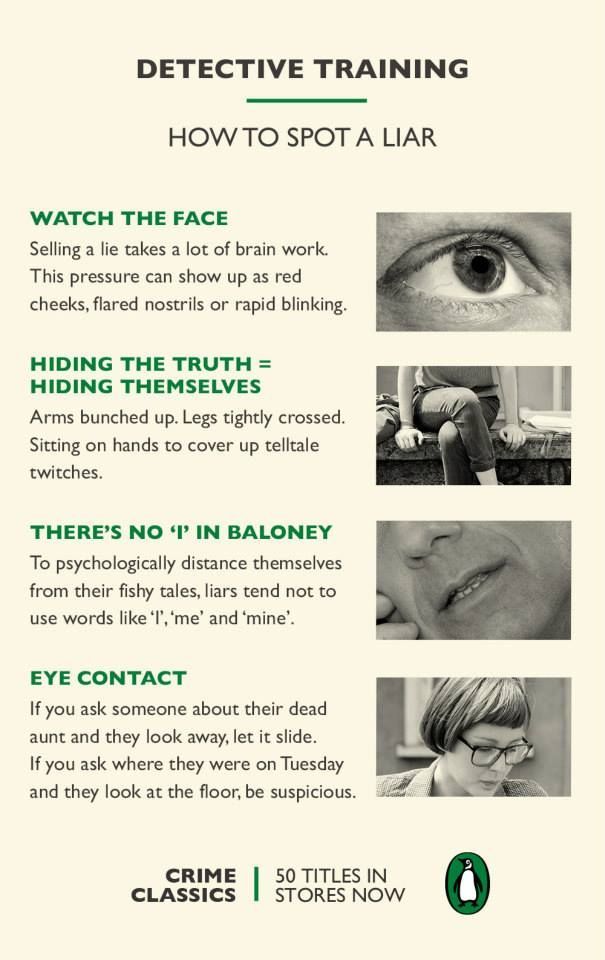
Being understanding. Let your friend or family member know that you're there if they need a sympathetic ear, encouragement, or assistance with treatment. People with bipolar disorder are often reluctant to seek help because they don't want to feel like a burden to others, so remind the person that you care and that you'll do whatever you can to help.
Showing patience. Getting better takes time, even when a person is committed to treatment. Don't expect a quick recovery or a permanent cure. Be patient with the pace of recovery and prepare for setbacks and challenges. Managing bipolar disorder is a lifelong process.
The importance of support in bipolar disorder recovery
People with bipolar disorder do better when they have support from family members and friends. They tend to recover more quickly, experience fewer manic and depressive episodes, and have milder symptoms.
Bipolar disorder and the family
Living with a person who has bipolar disorder can cause stress and tension in the home. On top of the challenge of dealing with your loved one's symptoms and their consequences, family members often struggle with feelings of guilt, fear, anger, and helplessness. Ultimately, the strain can cause serious relationship problems. But there are better ways to cope.
On top of the challenge of dealing with your loved one's symptoms and their consequences, family members often struggle with feelings of guilt, fear, anger, and helplessness. Ultimately, the strain can cause serious relationship problems. But there are better ways to cope.
The first step to successfully dealing with bipolar disorder is for families to learn to accept the illness and its difficulties. When you're feeling frustrated or guilty, remember that bipolar disorder isn't anyone's fault. Accepting bipolar disorder involves acknowledging that things may never again be “normal.”
Treatment can make a huge difference for your loved one, but it may not take care of all symptoms or impairments. To avoid disappointment and resentments, it's important to have realistic expectations. Expecting too much of your family member can be a recipe for failure. On the other hand, expecting too little can also hinder their recovery, so try to find a balance between encouraging independence and providing support.
With over 25,000 licensed counselors, BetterHelp has a therapist that fits your needs. It's easy, affordable, and convenient.
GET 20% OFF
Online-Therapy.com is a complete toolbox of support, when you need it, on your schedule. It only takes a few minutes to sign up.
GET 20% OFF
Teen Counseling is an online therapy service for teens and young adults. Connect with your counselor by video, phone, or chat.
GET 20% OFF
Tips for coping with bipolar disorder in the family
Accept your loved one's limits. Your loved one with bipolar disorder can't control their moods. They can't just snap out of a depression or get a hold of themselves during a manic episode. Neither depression nor mania can be overcome through self-control, willpower, or reasoning. So telling your loved one to “Stop acting crazy” or to “Look on the bright side” won't help.
Accept your own limits. You can't rescue your loved one with bipolar disorder, nor can you force them to take responsibility for getting better. You can offer support, but ultimately, recovery is in the hands of the person with the illness.
You can offer support, but ultimately, recovery is in the hands of the person with the illness.
Reduce stress. Stress makes bipolar disorder worse, so try to find ways to reduce stress in your loved one's life. Ask how you can help and volunteer to take over some of the person's responsibilities if needed. Establishing and enforcing a daily routine—with regular times for getting up, having meals, and going to bed—can also reduce family stress.
Communicate openly. Open and honest communication is essential to coping with bipolar disorder in the family. Share your concerns in a loving way, ask your loved one how they're feeling, and make an effort to truly listen—even if you disagree with your loved one or don't relate to what's being said.
Supporting a person with bipolar disorder
What you can say that helps:
- “You're not alone in this. I'm here for you.”
- “I understand that it's your illness that causes these thoughts and feelings.
 ”
” - “You may not believe it now, but the way you're feeling can and will change.”
- “I may not be able to understand exactly how you feel, but I care about you and want to help and support you.”
- “You are important to me. Your life is important to me.”
Convincing a person with bipolar disorder to see a doctor
Aside from offering emotional support, the best way to help your loved one with bipolar disorder is by encouraging and supporting treatment. Often, that can be more of a challenge than it sounds. Since people with bipolar disorder tend to lack insight into their condition, it's not always easy to get them to a doctor. When your loved one is manic, they feel great and don't realize there's a problem. When your loved one is depressed, they may recognize something's wrong, but often lack the energy to seek help.
If your loved one won't acknowledge the possibility of bipolar disorder, don't argue about it. The idea may be frightening to them, so be sensitive. Suggest a routine medical checkup instead, or a doctor's visit for a specific symptom, such as insomnia, irritability, or fatigue—then privately call ahead to tell the doctor of your concerns about bipolar disorder.
Suggest a routine medical checkup instead, or a doctor's visit for a specific symptom, such as insomnia, irritability, or fatigue—then privately call ahead to tell the doctor of your concerns about bipolar disorder.
[Read: How to Help Someone with Mental Illness Accept Treatment]
Things you can say that might help:
- “Bipolar disorder is a real illness, like diabetes. It requires medical treatment.”
- “You're not to blame for bipolar disorder. You didn't cause it. It's not your fault.”
- “You can feel better. There are many treatments that can help.”
- “When bipolar disorder isn't treated, it usually gets worse.”
Supporting a loved one during bipolar disorder treatment
Once your friend or family member agrees to see a doctor, you can help by being a partner in treatment. Your support can make a big difference in their treatment success, so offer to be involved in any way your loved one wants or needs.
Things you can do to support a loved one's bipolar disorder treatment:
- Find qualified doctors and therapists.

- Set up appointments and go along.
- Offer your insights to the doctor.
- Monitor your loved one's moods.
- Learn about their medications.
- Track treatment progress.
- Watch for signs of relapse.
- Alert the doctor to problems.
Encourage your loved one to take bipolar disorder medication
Medication is the cornerstone of treatment for bipolar disorder, and most people need it to regulate their moods and avoid relapse. Despite the need for medication, many people with bipolar disorder stop taking it. Some quit because they're feeling better, others because of side effects, and yet others because they enjoy the symptoms of mania. People who don't think they have a problem are particularly likely to stop taking medication.
You can help your loved one stay on track by emphasizing the importance of medication and making sure they take all prescriptions as directed. Also encourage your loved one to speak to their doctor about any bothersome side effects.
Side effects can be very unpleasant if the dose of the medication is too low or too high, but a change in medication or dosage may solve the problem. Remind your loved one that abruptly stopping medication is dangerous.
Even if your loved one with bipolar disorder is committed to treatment, there may be times when their symptoms get worse. Take action right away if you notice any troubling symptoms or mood changes. Point out the emerging bipolar symptoms to your loved one and alert the doctor. With swift intervention, you may be able to prevent an episode of mania or depression from developing fully.
Mania warning signs and symptoms:
- Sleeping less
- Elevated mood
- Restlessness
- Speaking rapidly
- Increase in activity level
- Irritability or aggression
Depression warning signs and symptoms:
- Fatigue and lethargy
- Sleeping more
- Trouble concentrating
- Loss of interest in activities
- Withdrawing from others
- Change in appetite
Coping with mania and depression: Tips for family and friends
If it's not possible to prevent your loved one relapsing, there are things you can do to cope during a manic or depressive episode.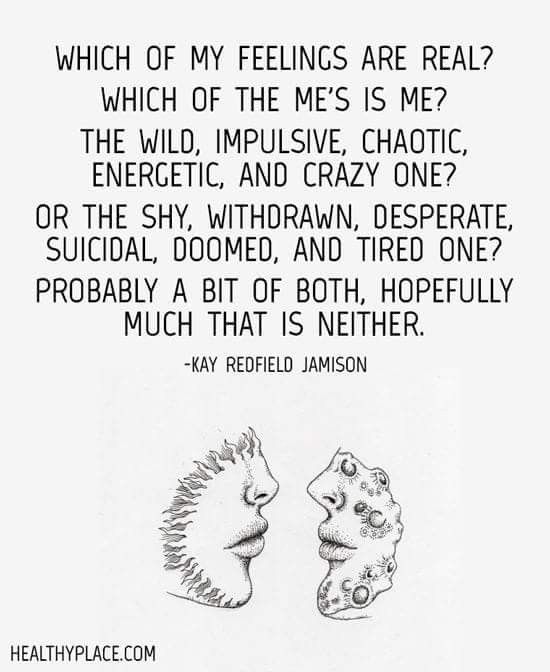
Don't take bipolar symptoms personally. When in the midst of a bipolar episode, people often say or do things that are hurtful or embarrassing. When manic, your loved one may be reckless, cruel, critical, and aggressive. When depressed, they may be rejecting, irritable, hostile, and moody. It's hard not to take such behaviors personally, but try to remember that they're symptoms of your loved one's mental illness, not the result of selfishness or immaturity.
Be prepared for destructive behaviors. When manic or depressed, people with bipolar disorder may behave in destructive or irresponsible ways. Planning ahead for how to handle such behavior can help. When your loved one is well, negotiate a treatment contract that gives you advance approval for protecting them when symptoms flare up. Agree on specific steps you'll take, such as removing credit cards or car keys, going together to the doctor, or taking charge of household finances.
Know what to do in a crisis. It's important to plan ahead for times of crisis so you can act quickly and effectively when it occurs. Having a crisis plan can help. Make sure to include a list of emergency contact information for doctors, therapists, and other friends or family members who will help. Also include the address and phone number of the hospital where you'll take your loved one if necessary.
It's important to plan ahead for times of crisis so you can act quickly and effectively when it occurs. Having a crisis plan can help. Make sure to include a list of emergency contact information for doctors, therapists, and other friends or family members who will help. Also include the address and phone number of the hospital where you'll take your loved one if necessary.
Call 911 (or your country's emergency services number) in an emergency. If your loved one with bipolar disorder is suicidal or violent, don't try to handle the situation alone. If you're worried that your loved one may hurt you, get to safety and then call the police. If your loved one is suicidal, don't leave them alone. Call for an ambulance and stay with your loved one until it arrives.
Supporting someone who is manic
- Spend time with your loved one. People who are manic often feel isolated from other people. Spending even short periods of time with them helps.
 If your loved one has a lot of energy, walk together. This allows your loved one to keep on the move but still share your company.
If your loved one has a lot of energy, walk together. This allows your loved one to keep on the move but still share your company. - Answer questions honestly. However, do not argue or debate with someone during a manic episode. Try to avoid intense conversation.
- Don't take any comments personally. During manic episodes, your loved one may say or do things that are out of character, including focusing on negative aspects of others. Try to avoid arguments.
- Prepare easy-to-eat meals and drinks. It's often difficult for someone who is manic to sit down to a meal, so try offering them sandwiches, apples, cheese crackers, and juices, for example.
- Avoid subjecting your loved one to a lot of activity and stimulation. It's better to keep surroundings as quiet as possible.
- Allow your loved one to sleep whenever possible. During periods of high energy, sleeping is difficult but short naps taken throughout the day can help.
 Sometimes a person who is manic may feel rested after only a few hours of sleep.
Sometimes a person who is manic may feel rested after only a few hours of sleep.
Taking care of yourself when a loved one has bipolar disorder
It's easy to neglect your own needs when you're supporting someone with a mental illness. But if you don't take care of yourself, you run the risk of burnout—and that won't help you or your loved one. When you take care of yourself both emotionally and physically, you'll be able to better cope with the stress of caring for someone with bipolar disorder and have the energy you need to support your loved one's recovery.
Focus on your own life. Supporting your loved one may involve some life adjustments, but make sure you don't lose sight of your own goals and priorities. Don't give up friendships, plans, or activities that bring you joy.
Seek support. Dealing with a loved one's mental illness can be painful and isolating. Make sure you're getting the emotional support you need to cope. Talk to someone you trust about what you're going through. It can also help to get your own therapy or join a support group.
Talk to someone you trust about what you're going through. It can also help to get your own therapy or join a support group.
Set boundaries. Be realistic about the amount of care you're able to provide without feeling overwhelmed and resentful. Set limits on what you're willing and able to do, and stick to them. Letting bipolar disorder take over your life isn't healthy for you or your loved one.
Manage stress. Stress takes a toll on the body and mind, so find ways to keep it in check. Make sure you're eating right and getting enough sleep and exercise. You can also keep stress under control by practicing relaxation techniques such as meditation.
Ask for help. If your friend or family member needs more assistance than you can give, ask for help from others. Turn to other relatives or close friends, or contact a bipolar disorder support organization.
Authors: Jeanne Segal, Ph.D., Lawrence Robinson, and Melinda Smith, M. A.
A.
- References
Bipolar and Related Disorders. (2013). In Diagnostic and Statistical Manual of Mental Disorders. American Psychiatric Association. https://doi.org/10.1176/appi.books.9780890425787.x03_Bipolar_and_Related_Disorders
Bobo, William V. “The Diagnosis and Management of Bipolar I and II Disorders: Clinical Practice Update.” Mayo Clinic Proceedings 92, no. 10 (October 2017): 1532–51. https://doi.org/10.1016/j.mayocp.2017.06.022
Bonnín, Caterina Del Mar, María Reinares, Anabel Martínez-Arán, Esther Jiménez, Jose Sánchez-Moreno, Brisa Solé, Laura Montejo, and Eduard Vieta. “Improving Functioning, Quality of Life, and Well-Being in Patients With Bipolar Disorder.” The International Journal of Neuropsychopharmacology 22, no.
 8 (August 1, 2019): 467–77. https://doi.org/10.1093/ijnp/pyz018
8 (August 1, 2019): 467–77. https://doi.org/10.1093/ijnp/pyz018Shrivastava, Amresh, Megan Johnston, and Yves Bureau. “Stigma of Mental Illness-1: Clinical Reflections.” Mens Sana Monographs 10, no. 1 (January 2012): 70–84. https://www.ncbi.nlm.nih.gov/pmc/articles/PMC3353607/
Altman, Susan, Sophia Haeri, Lisa J. Cohen, Aleksey Ten, Elysa Barron, Igor I. Galynker, and Katherine N. Duhamel. “Predictors of Relapse in Bipolar Disorder: A Review.” Journal of Psychiatric Practice 12, no. 5 (September 2006): 269–82. https://journals.lww.com/practicalpsychiatry/toc/2006/09000
Johnson, Lars, Ola Lundström, Anna Åberg-Wistedt, and Aleksander A Mathé. “Social Support in Bipolar Disorder: Its Relevance to Remission and Relapse.” Bipolar Disorders 5, no. 2 (2003): 129–37. https://doi.org/10.1034/j.1399-5618.2003.00021.x
Lam, Dominic H., Peter Hayward, Edward R. Watkins, Kim Wright, and Pak Sham. “Relapse Prevention in Patients With Bipolar Disorder: Cognitive Therapy Outcome After 2 Years.
 ” American Journal of Psychiatry 162, no. 2 (February 1, 2005): 324–29. https://doi.org/10.1176/appi.ajp.162.2.324
” American Journal of Psychiatry 162, no. 2 (February 1, 2005): 324–29. https://doi.org/10.1176/appi.ajp.162.2.324
Helping a Friend or Family Member with Depression or Bipolar Disorder – Advice for friends and family. (Depression and Bipolar Support Alliance)
Family Self-Care and Recovery from Mental Illness – Looking after your own wellbeing while caring for a mentally ill family member. (HeretoHelp)
How to help Someone in Crisis – Handling a bipolar disorder crisis. (Depression and Bipolar Support Alliance)
Hotlines and support:
In the U.S.: Find DBSA Support Groups or call the NAMI Helpline for support and referrals at 1-800-950-6264
UK: Find a Support Group in the UK or call the Mind Infoline at 0300 123 3393
Australia: Find Support Groups in Australia or call the SANE Help Centre at 1800 18 7263
Canada: Find Help in Canada or call the Mood Disorders Society at 519-824-5565
India: Call the Vandrevala Foundation Helpline (India) at 1860 2662 345 or 1800 2333 330
Last updated: January 4, 2023
Living with Someone with Bipolar Disorder
Just when you think things are going well for you and your loved one, your partner enters a manic phase and the rug is pulled out from underneath both of you and your worlds are upside down. As someone living with a significant other with bipolar disorder, not only is it a challenge for the individual, but also for their family, friends and caregivers. In a recent NAMI meeting I attended, the parents of children with bipolar disorder shared their experiences with the sudden changes in behavior that make each day, week and month a challenge. Your world is suddenly unpredictable at best.
As someone living with a significant other with bipolar disorder, not only is it a challenge for the individual, but also for their family, friends and caregivers. In a recent NAMI meeting I attended, the parents of children with bipolar disorder shared their experiences with the sudden changes in behavior that make each day, week and month a challenge. Your world is suddenly unpredictable at best.
Even when your partner, child or friend with bipolar disorder is well, you are constantly on your guard, waiting for the other shoe to drop. You listen to each word, phrase and watch every action looking for cues that something bad is about to happen. The fear of the next crisis is always in the back of your mind. Your life is similar to a “roller coaster” ride; small ups and downs are followed by sudden drops and severe climbs, only to fall again. Never knowing what to expect, you as the caregiver are always on a heightened state of readiness. Over time this level of stress will sap your strength, both physical and emotional. The slightest move in a positive direction will provide hope and the fuel your need to handle the next negative situation. Sometimes you yourself will crash and need to take a mental health break or consult with a behavioral professional to regain your equilibrium.
The slightest move in a positive direction will provide hope and the fuel your need to handle the next negative situation. Sometimes you yourself will crash and need to take a mental health break or consult with a behavioral professional to regain your equilibrium.
One of the keys to your survival as a caregiver is to see bipolar disorder as a disease of the brain, not just a mental illness. Be angry at the disease, the illness and not the person who is afflicted. The love of your life or your child is suffering terribly and you in many ways are feeling scared, confused and helpless. Your perception is that you have no control over the situation. That is true, but you have power, the power to advocate for their right to receive the care they require from their medical team. Use that power and you can provide the emotional support they need fight the fight. Remain consistent in how you relate to your significant other, which is most difficult when you find yourself under constant stress.
The treatment of bipolar disorder is difficult by itself, but when coupled with OCD or other conditions, such as substance abuse, it becomes extremely difficult. As their advocate, there will be times you need to challenge the doctors in a positive manner as to their therapeutic approach. You have seen your loved one when they were good and when they were bad. You have their medication history, knowledge of their previous hospital stays and access to their medical records. You know what has worked and what didn’t work regarding their treatments and medicines. Don’t be afraid to share that information with the doctors, it will aid them in treating your loved one.
As the significant other, husband, wife, daughter, brother or wife you need to work diligently to maintain your health during this period of illness. Being a caregiver is a great responsibility and also a drain on your emotions and health. Above all, you must take care of yourself before you can take care of someone else.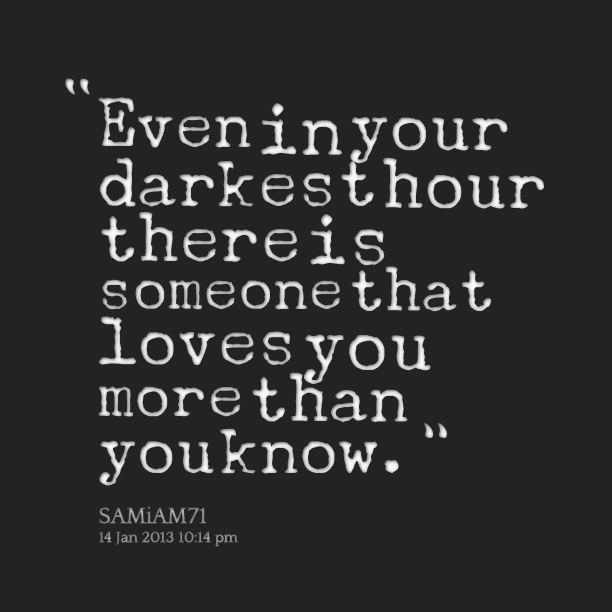 You need to access the services of a behavioral professional to ensure you have an outlet for your frustrations and concerns. You may need medication to aid you in recovering from the strains of being a caregiver. Joining a support group through NAMI or another community organization will provide the information, training, references and emotional support you need to continue the journey. You need to sleep, eat right and exercise in order to maintain your strength and health. Know that some of your friends will understand your plight but others will not be able to identify with your situation. Be aware that mental health challenges are very scary to people who have not been exposed to someone who has one. Don’t be afraid to share your feelings with your friends, help them understand your situation. Don’t isolate yourself from your community; this is the time when you need to be socializing. You need their emotional support to make it through this period of uncertainty.
You need to access the services of a behavioral professional to ensure you have an outlet for your frustrations and concerns. You may need medication to aid you in recovering from the strains of being a caregiver. Joining a support group through NAMI or another community organization will provide the information, training, references and emotional support you need to continue the journey. You need to sleep, eat right and exercise in order to maintain your strength and health. Know that some of your friends will understand your plight but others will not be able to identify with your situation. Be aware that mental health challenges are very scary to people who have not been exposed to someone who has one. Don’t be afraid to share your feelings with your friends, help them understand your situation. Don’t isolate yourself from your community; this is the time when you need to be socializing. You need their emotional support to make it through this period of uncertainty.
Guilt and shame needs to be confronted and discussed with your behavioral professional. As the significant other, child or caregiver, you feel a great sense of guilt that you cannot do more for the one affected with bipolar. Helplessness turns into guilt, which is not an emotion you want to deal with alone. When this feeling sets in, it is time to get professional assistance. There is nothing to be shamed about, remember it is a disease that can passed on from one generation to another. Your behavior as a parent, husband wife or sibling is not responsible for their bipolar disease.
As the significant other, child or caregiver, you feel a great sense of guilt that you cannot do more for the one affected with bipolar. Helplessness turns into guilt, which is not an emotion you want to deal with alone. When this feeling sets in, it is time to get professional assistance. There is nothing to be shamed about, remember it is a disease that can passed on from one generation to another. Your behavior as a parent, husband wife or sibling is not responsible for their bipolar disease.
One other feeling you need to confront is “giving up” and the desire to leave the situation. Running from a problem is an option, but never a solution. You may have these thoughts, but you need to discuss them with a behavioral professional. I am aware of a number of divorces in which the wife or husband could not cope and abandoned their significant other. You need to marshal your resources, stay the course and fight this disease. When the opportunity presents itself, step up and help someone who needs help. Sharing your strength with your loved one is critical, but you need to save some for yourself. One day someone will step up for you.
Sharing your strength with your loved one is critical, but you need to save some for yourself. One day someone will step up for you.
Remember the disease is the “enemy” not your loved one. Fight the disease, but embrace your loved one, let them know you are there for them and understand they are the one suffering. This is a battle that you will eventually win. Research into bipolar is ongoing and there will always be new drugs that will help fight this disease. This is not a race, but a marathon.
Have faith and hope!
Share your story, message, poem, quote, photo or video of hope, struggle or recovery. By sharing your experience, you can let others know that they are not alone.
How to live with bipolar disorder | Chita.ru
Manic-depressive psychosis, or simply bipolar: under such names, the people know the disorder, which affects an average of five to eight people out of a thousand. There are many myths about him, including quite ridiculous ones.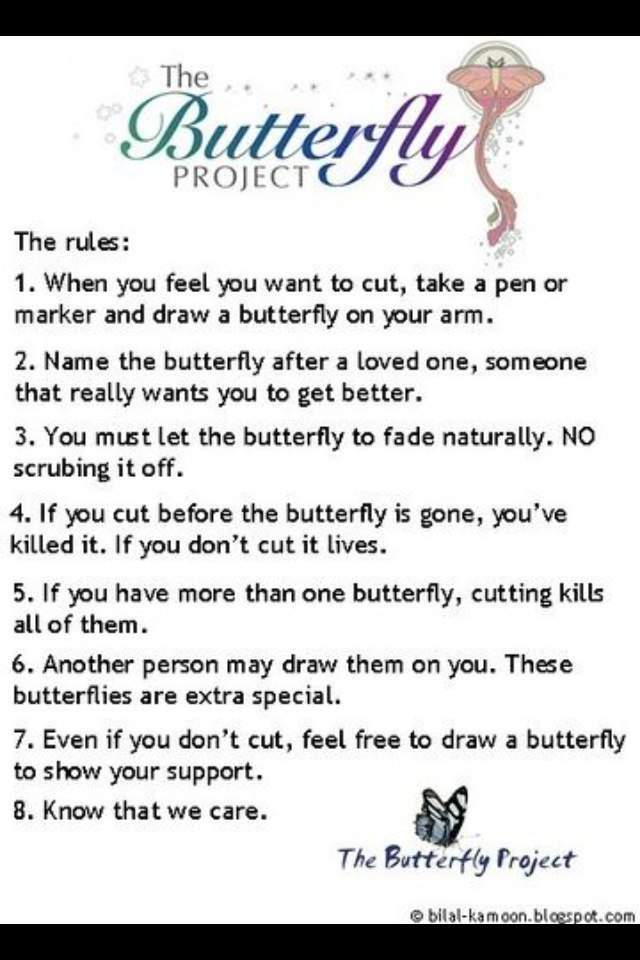
On Bipolar Affective Disorder Awareness Day, March 30, journalist Yekaterina Bormotova told E1.RU how to live with this diagnosis. nine0006
A few years ago, I was diagnosed with a “fashionable” then already diagnosis - F31. Translated from medical into Russian, this means "bipolar affective disorder." Many thanks to the doctors for choosing such a pleasant term for the name of my illness, because earlier, back in Soviet times, it was called "manic-depressive psychosis" - you must admit, it's scary.
But the pleasant term also has a downside: few people take the illness with that name seriously. “Manic-depressive psychosis” sounds impressive, and bipolar is something about teenagers who have not decided on their mood. At least that's how it is perceived by many. And it didn't help at all when I was diagnosed. Not at all. nine0008
I was 27 when I first came to the regional psychiatric hospital. She called an ambulance herself: I was at home alone and felt that now I can do something with myself. My consciousness seemed to split in two: some part of me wanted to end this life, but the other part understood that it should not do this. It's very scary. Imagine that you are locked in a room with a killer and must persuade him not to kill you. Now imagine that this room is your mind and the killer is you.
My consciousness seemed to split in two: some part of me wanted to end this life, but the other part understood that it should not do this. It's very scary. Imagine that you are locked in a room with a killer and must persuade him not to kill you. Now imagine that this room is your mind and the killer is you.
By that time I had already seen a psychiatrist, the doctor thought that I had a recurrent depressive disorder. He was partly right: depression is part of bipolar. But the second part of it is mania.
People often don't understand the difference between depression and bad mood. I have a simple explanation: depression is running in water. You do everything that you do on land, you strain your muscles in the same way, you apply the same efforts, but because of the resistance of the water you cannot get the same result. To follow this analogy, mania is weightlessness. Your efforts are not hindered by gravity, you barely push off the ground and fly, not run. nine0008
“It's a nice feeling, but if you wanted to run from point A to point B, then hovering over the surface is not quite the desired result,” Ekaterina Bormotova.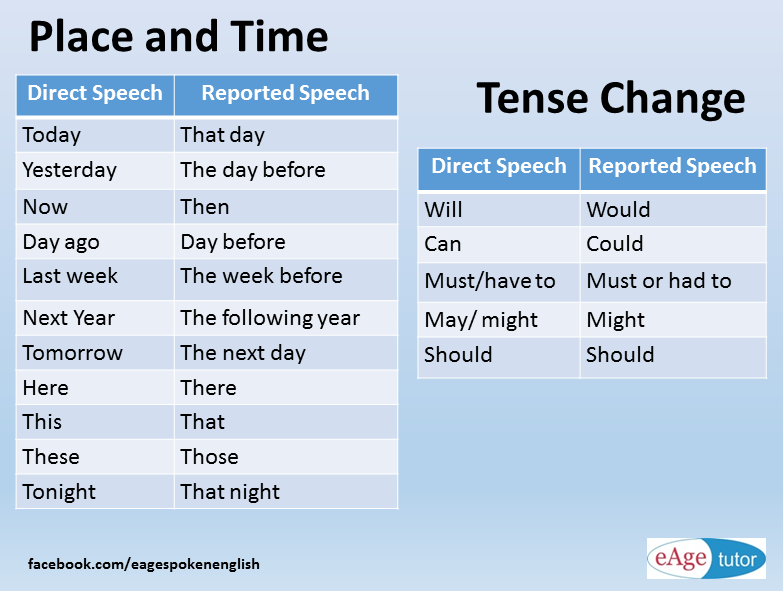
Movie and book protagonists usually say, "I always knew there was something wrong with me." I never thought so. I was convinced that all people live and feel the same way as I do, they are just stronger and cope, and I always do some stupid things and spoil everything. Even in our youth, my future husband said that I needed to see a psychologist. Of course, I didn't think so. Later, when we got married, he started talking about a psychiatrist, but I was convinced that everything was fine with me. nine0008
In the end, I went to the doctor only after the divorce, and he found that I was depressed. And a year and a half later, they brought me to the eighth kilometer (Siberian tract, the address of the psychiatric hospital - ed.) .
There were about 20 people in the hospital room. No bedside tables, no TV, no flowers on the windows - only beds with white sheets, I was wearing a hospital nightgown, a toothbrush and slippers from personal things. This is called the "observation chamber", newcomers enter there. It sounds creepy, but when you realize that the alternative is death, the choice is obvious. Then those who are not dangerous for themselves and others are transferred to other wards, where you can already have personal belongings, but you still can’t use the phone or, for example, embroider. nine0008
It sounds creepy, but when you realize that the alternative is death, the choice is obvious. Then those who are not dangerous for themselves and others are transferred to other wards, where you can already have personal belongings, but you still can’t use the phone or, for example, embroider. nine0008
The number of suicides in Russia and the world is decreasing every year, but still remains at a high level
Photo: Infographic: Vitaly Kalistratov / City Portal Network
Share
I left the hospital after a month and a half and told about my illness on social networks. I know some people thought it was overkill, and some people thought I was a hero for coming out with an open face, but let's be honest, I had no choice. At work, they knew what hospital I ended up in, and the journalistic community is compact, one way or another people would know that I was in a madhouse. It was easier to tell myself than to catch meaningful looks and fight rumors when I wanted to change jobs.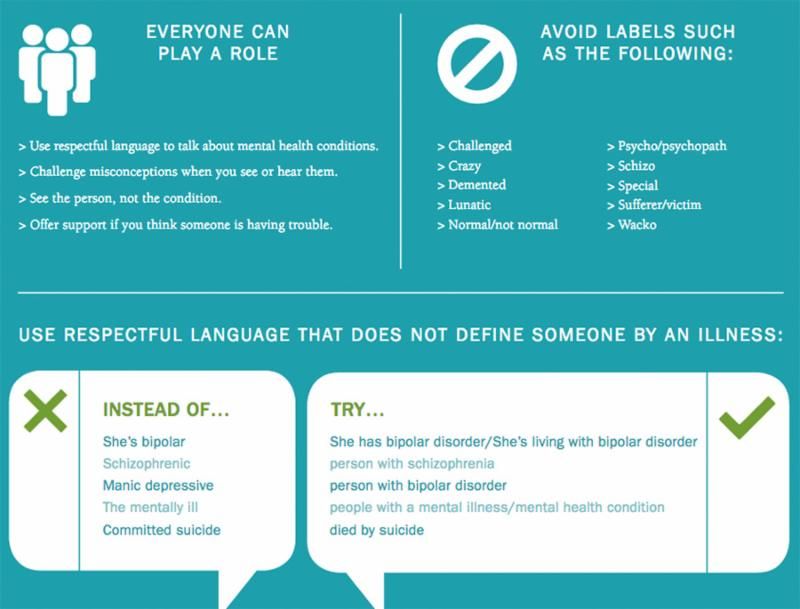 nine0008
nine0008
Then a new life began. Because of one of the drugs, I gained 20 kg, slept 16 hours a day and did not want to leave the house. I was lucky that I could work remotely, my parents supported me, but even so I was forced to get into debt. I can’t imagine how people with my diagnosis cope with work at this stage, it’s very difficult: due to antipsychotics, absent-mindedness appears, cognitive functions weaken, and communication skills are lost.
“To put it simply, you become very stupid, slow and withdrawn,” Ekaterina Bormotova. nine0006
Books and films about bipolar often reveal the problem of accepting treatment - many people find it difficult to come to terms with the fact that they will have to take drugs for the rest of their lives, which also cause side effects. But they don't say anything about losing yourself. Here you live for 27 years and think that certain character traits are characteristic of you, and then you find out that, perhaps, these are not character traits, but a disease.
How to understand where you end and the disease begins? How to understand that it was you who wanted to hitchhike, get a cat, move to another city or get married, and not sick thoughts influenced your decisions? Do you love Aivazovsky in general, or did you just see his canvas in mania, when all feelings are aggravated to the limit? I am in several patient communities, and this is what really worries a lot of people. nine0008
Being a person with bipolar disorder is not as hard as living next to such a person
Photo: Illustration: Yuri Orlov / City Portal Network
Share
There is good news: you can live with it. Over time, the body gets used to the drugs and ceases to give very harsh side effects. Some drugs are a thing of the past and are used only during periods of exacerbations, some doctors find a replacement if they complain about unpleasant effects. They picked up a good working scheme for me, with which I can live a full life: work, communicate with people, help loved ones.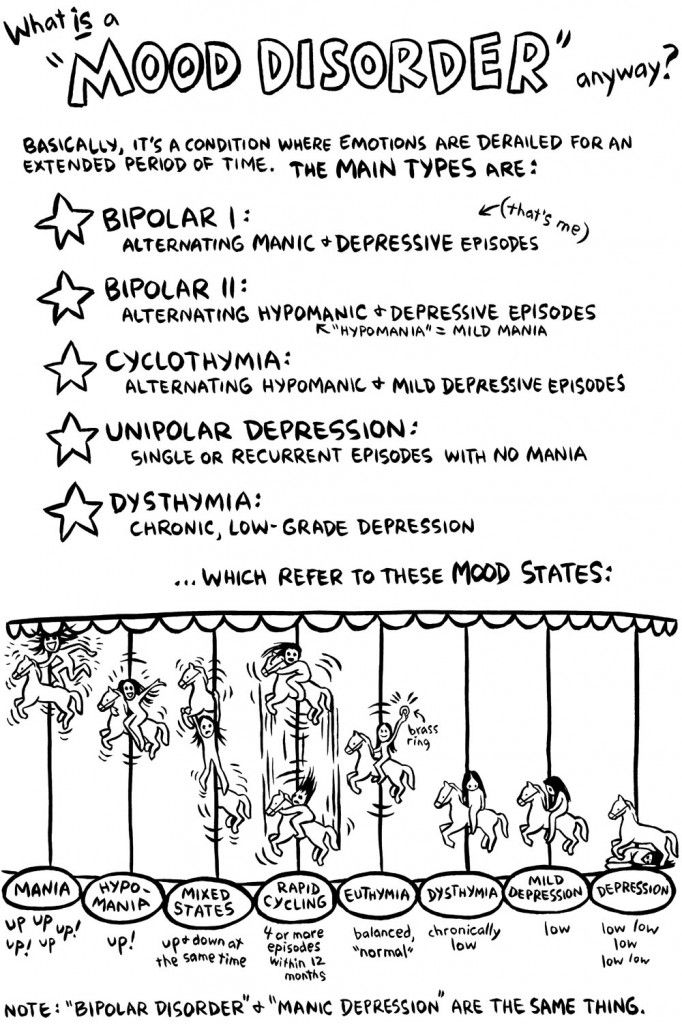 But, of course, there are exacerbations. nine0008
But, of course, there are exacerbations. nine0008
An aggravation does not start all at once, it develops over several days or weeks. It is very important to notice this at the very beginning, otherwise there will be problems - from quarrels with loved ones to losing a job and debts. Debts... Damn money in mania is spent like it's not yours. Even before I was diagnosed, I had to mess with it terribly. You know, I would forbid giving people loans without an examination by a psychiatrist. At the very least, it would save me from a number of problems. Fortunately, I never had large sums or property, so I lost a little. nine0008
“Nevertheless, it's a shame to realize that the money I lost due to exacerbations would have been enough for at least the first installment on the mortgage,” Ekaterina Bormotova.
In exacerbations, I offended people, made people fall in love with me, let people down, destroyed important connections, made new dubious ones, behaved disgustingly and defiantly, did things that I regret very much and will regret all my life. And I don't want that ever again. If for this you need to take pills for life, I'm ready. nine0008
And I don't want that ever again. If for this you need to take pills for life, I'm ready. nine0008
I am very lucky to have close people. Almost no one abandoned me after I told about my diagnosis, although I know that many patients experience this. It was a little difficult to explain to some close people why I agreed to the treatment - they told me: “You don’t need it, I know you, everything is fine with you, you are normal.” Relatives and friends often persuade patients to stop taking medications, because with the drugs they become “strangers”. But it's not. I am convinced that with treatment we do not lose ourselves, we find ourselves. It just takes time sometimes. Sometimes this time is measured in years. nine0008
I think that being a person with bipolar disorder is not as difficult as living with such a person. My loved ones are forced to constantly remember that my behavior may be due to illness. My mother often asks questions that can annoy an adult. I say that I fell in love, baked a cake or hung out at a bar until five in the morning, and I see wariness in her eyes: she is afraid that this is mania, which will invariably be followed by depression.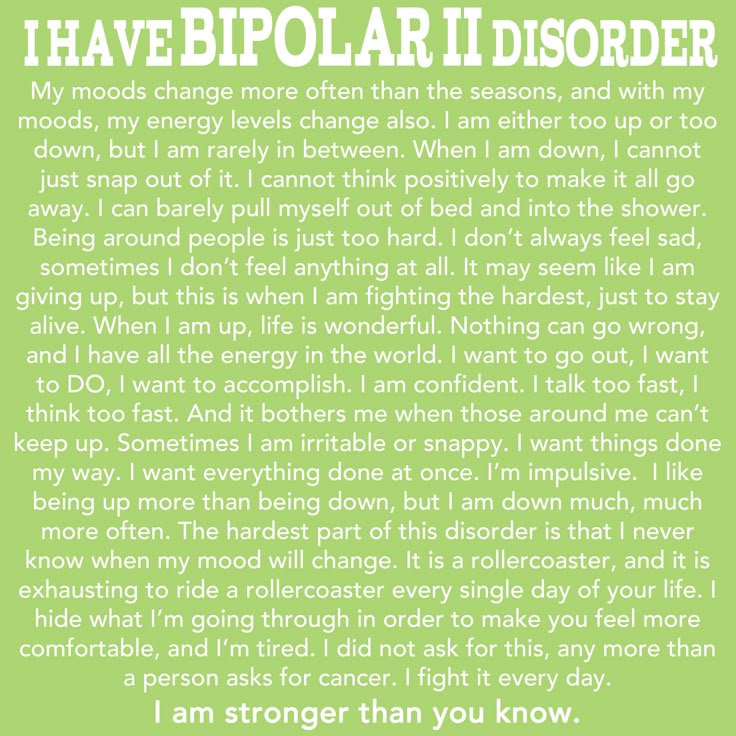 I understand why she is worried. And I am eternally grateful to her for not talking about it. Well, he says, but at least not very often. nine0008
I understand why she is worried. And I am eternally grateful to her for not talking about it. Well, he says, but at least not very often. nine0008
People with my diagnosis are forced not only to take pills, but also to keep diaries and follow their every sneeze in order to track the slightest mood swings. It's tiring. But even more tiring external supervision. I think people with bipolar really only need two things: medication and for everyone to get off of it. Oh, and psychotherapy. It is necessary to figure out who still loved Aivazovsky: you or your illness.
Earlier E1.RU published the story of a girl with bipolar disorder. Read an interview with a psychiatrist about how to spot possible disorders in a teenager in time. nine0005
People with bipolar disorder tell how to support them properly
March 30th is celebrated as Bipolar Day around the world. With this disease, it is important to monitor mood changes, which can be difficult to do alone. The founder of the Bipolar Association, Masha Pushkina, has collected stories of people who are helped by treatment partners.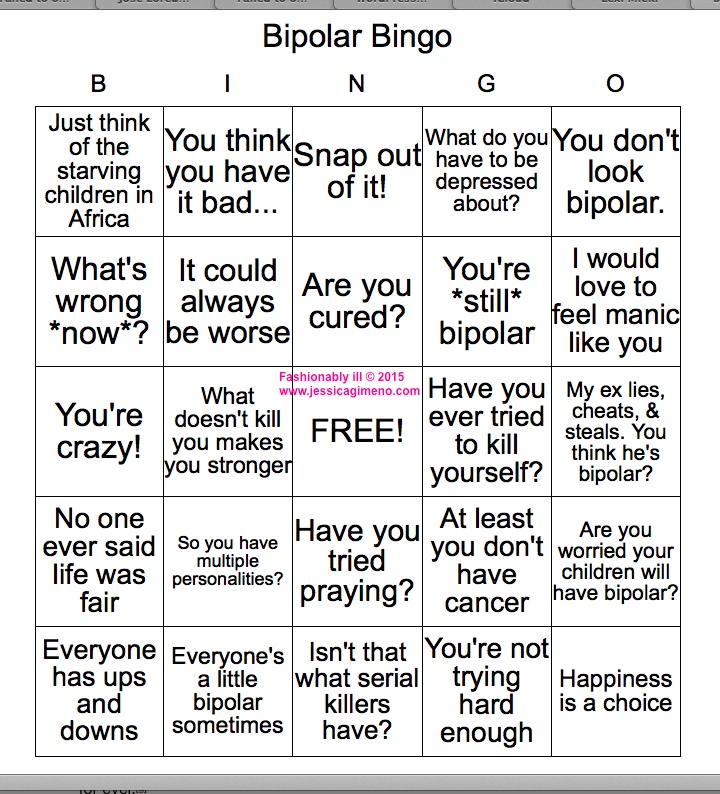
At the initiative of public organizations that bring together scientists, doctors and activists, every year on March 30, World Bipolar Day is celebrated. The date chosen was the birthday of Vincent van Gogh, an artist who, according to researchers, was the embodiment of a "bipolar genius." nine0008
With bipolar disorder, a person lives either in a state of high emotional uplift and excitement (mania), or in depression. According to world statistics, about 2% of people suffer from bipolar disorder in various forms. This means that in Russia there are at least three million bipolar people - this is about half of St. Petersburg.
In most cases, this condition responds well to medication. But, unfortunately, many do not seek help or do not know how to find it. Without treatment, the disease progresses and ultimately leads to sad consequences: loss of family, job, disability in general, and in almost every seventh case, suicide. nine0008
These consequences can be avoided. The peculiarity of bipolar disorder is that the onset of remission depends not only on the doctor and medications, but also on the behavior of the patient himself. Very often, bipolar people provoke seizures "with their own hands." The mood of people with BAD (bipolar affective disorder. - Note ed. ) is very unstable, the balance is fragile, and mania or depression can be “started” in dozens of ways: the psyche is easily shaken by psychoactive substances, alcohol, lack of sleep, too intense work, travel and even love. So, a short time after the next course of treatment with powerful drugs, the person again ends up in the hospital. And each new attack reduces the chances of a long remission, affects social status, and even more painfully - self-esteem. nine0008
The peculiarity of bipolar disorder is that the onset of remission depends not only on the doctor and medications, but also on the behavior of the patient himself. Very often, bipolar people provoke seizures "with their own hands." The mood of people with BAD (bipolar affective disorder. - Note ed. ) is very unstable, the balance is fragile, and mania or depression can be “started” in dozens of ways: the psyche is easily shaken by psychoactive substances, alcohol, lack of sleep, too intense work, travel and even love. So, a short time after the next course of treatment with powerful drugs, the person again ends up in the hospital. And each new attack reduces the chances of a long remission, affects social status, and even more painfully - self-esteem. nine0008
The experience of people with mental disorders around the world has proven that you are much more likely to cope with difficulties when you are supported by people who understand your problems and condition, but do not look at you as a patient. As practice shows, such a person can be not only a partner or close relative. An old friend, and even a person with whom you have never met in person, can help you get through the darkest times. Masha Pushkina, especially for Afisha Daily, spoke with several bipolar people about those in whom they found their support. The result is a story not about illness, but about friendship and trust, which can defeat even madness. nine0008
As practice shows, such a person can be not only a partner or close relative. An old friend, and even a person with whom you have never met in person, can help you get through the darkest times. Masha Pushkina, especially for Afisha Daily, spoke with several bipolar people about those in whom they found their support. The result is a story not about illness, but about friendship and trust, which can defeat even madness. nine0008
Yana, 31 years old
Housewife, collects books and is fond of confectionery
Purposefully, I didn't find out about the ways of support anywhere, everything turned out quite naturally. I have been sick for 15 years. The first person who looked after me was my best friend, and now it's my husband.
When my hypomania (a mild degree of mania, which is characterized by a constantly high mood. - Approx. ed. ) accelerated into a full-fledged mania (this state is also characterized by a one-sided attraction to some topic, sometimes accompanied by delirium. - Note ed. ), it became clear that I needed to be looked after. A friend began to pay attention to repetitive patterns of behavior in one phase or another, and we decided together to find out what helps in such cases. I think my friend was afraid to take responsibility for my condition, but she turned out to be generous and selfless. When I got married, a friend passed this knowledge on to her husband, and he already supplemented it, based on his own experience. The husband initially knew with whom he connects his life. He says it didn't scare him. nine0008
- Note ed. ), it became clear that I needed to be looked after. A friend began to pay attention to repetitive patterns of behavior in one phase or another, and we decided together to find out what helps in such cases. I think my friend was afraid to take responsibility for my condition, but she turned out to be generous and selfless. When I got married, a friend passed this knowledge on to her husband, and he already supplemented it, based on his own experience. The husband initially knew with whom he connects his life. He says it didn't scare him. nine0008
I have obsessions during manic episodes. My husband does not argue with me at this time, but he also does not feed them, trying to redirect my stormy energy in a different direction. You can’t argue, because the result will be the opposite: I will finally get stuck on the idea, I will consider that I must prove it at all costs, even if the whole world is against me, and there are enemies and conspiracies around. If this does not help, the husband agrees to discuss all these things, but at the same time tries to slow down their implementation by offering to draw up a specific and detailed plan. Sometimes it takes me a long time. nine0008
Sometimes it takes me a long time. nine0008
For example, I always want to move somewhere. Right now, and why aren't we packing our things yet? My husband tries to make me write down what are the pros and cons of different cities, what attracts us to them. As a result, I sit for hours on different forums, make lists, think about how we will arrange our life, calculate the budget for different countries of the world. There is also a manic passion for travel, but after preparation, we usually implement these plans. And many years ago, in a fit of mania, I bought an apartment - with a mortgage, with hellish payments. Then it took a long time to resolve this situation, but, fortunately, everything worked out well. nine0008
My husband began to chart my mood. I also manage it, and we check the results so that they are objective. Quarrels due to the fact that the husband takes on the role of the elder often arise in the manic phase (never in depression). Then I become very suspicious, any attempts at control cause rage. But now the husband has learned from experience, so he does not react to attempts to unleash a conflict. With obvious attacks of rage and auto-aggression, he uses holding therapy (long strong hugs. - Note. ed. ). We have seen this in autistic children, this is how their parents influence them.
But now the husband has learned from experience, so he does not react to attempts to unleash a conflict. With obvious attacks of rage and auto-aggression, he uses holding therapy (long strong hugs. - Note. ed. ). We have seen this in autistic children, this is how their parents influence them.
When I'm depressed, he doesn't console me because it's pointless, but he tries to give reasonable arguments that this period has always ended and this time will also pass soon. We look at mood charts for the past months, discuss the duration of the attacks: two weeks have already passed and, judging by past experience, it should get better in a couple of weeks.
Such support from her husband helps in many ways. When I was being treated by two doctors, taking all the medicines, I didn’t have such support, everything was very bad. Over time, I stopped disappearing from home in a manic state and inflicting serious injuries on myself. All my super-ideas remain on paper in the form of graphs and tables, I don’t even have time to start putting them into practice, so that later I don’t have to deal with the consequences with the whole family. nine0008
nine0008
Alice, 27 years old
Biologist
To be honest, I don't always find understanding from my healthy environment, I often faced condemnation, devaluation of problems. But from a person who has a similar experience, you won’t hear “don’t invent”, “you can’t feel so bad”, “take a walk and it will pass”.
It just so happens that my best friend also suffers from bipolar disorder. I did not look for support in specialized communities where patients communicate, we met by chance. My friend is much older, he has much more life experience, and he was able to become a real mentor for me. Not once did his actions worsen my condition - I hope that he can say the same about me. nine0008
When I'm on the rise, I feel uncomfortable when he tries to slow me down and reduce my passions. But as soon as this state passes and I again take a sober look at the situation, each time I thank him for trying to stop the revelry and disgrace. My friend himself is currently not being treated, but he never imposed his position on me, and when I turn to doctors, he supports me in this.
I told the doctor about this source of support - he is all for it. Before meeting a friend, I had suicidal attempts, but during the entire time of our communication I never tried to say goodbye to life. When you know that there is a person who will understand everything and share warmth (while even my own family repels me), that there is a place where you can come in any condition and where they will accept me without unnecessary questions and teachings, this is a source of great strength. and hope. nine0008
When I was expecting my second child, I was depressed. My husband did not yet fully understand the features of the disease and did not want to admit obvious things - this added problems, and my emotional state became extremely difficult. It seems that only thanks to the participation of my friend, I did not do anything to myself and successfully endured the pregnancy. The child was named after him.
Sergey, 49 years old
Freelancer
At the height of the depression, I was looking for any available support and ended up in an online group of anonymous debtors (people who have taken on large loans). One of the participants drew attention to my condition and said that I urgently need medical help. Despite the fact that she lives in the USA, we began to communicate regularly via Skype. Olga literally brought me to the hospital and helped me prepare for the treatment. nine0008
One of the participants drew attention to my condition and said that I urgently need medical help. Despite the fact that she lives in the USA, we began to communicate regularly via Skype. Olga literally brought me to the hospital and helped me prepare for the treatment. nine0008
Americans are a pragmatic people, many young and healthy people have folders with wills and instructions in case of their death. They also approach mental difficulties calmly and thoroughly. It is common practice for the patient to draw up detailed instructions in advance. In the United States, there is a practice of issuing Treatment Agreements for people with mental illness (Treatment Contract). This document is needed so that family, friends and doctors recognize the symptoms of deterioration in time and take into account your experience and wishes in the treatment. Typically, such a document contains: a list of trusted people; signs of a normal state; signs of an approaching episode; symptoms of mania and depression; actions that trusted people should take to help a person get better and keep him from destructive acts; plan of action in case of an emergency (for example, a suicide attempt). who and what will be done in case of his hospitalization, so that he can be treated without anxiety for household chores. nine0008
who and what will be done in case of his hospitalization, so that he can be treated without anxiety for household chores. nine0008
In a period of severe depression, there is a struggle inside a person between the craving for death and the desire to live - and many external things can outweigh in one direction or another. Every clue is important to help you get out. It is very difficult for one to cope with all this.
I madly didn’t want to go to the hospital and wouldn’t have made up my mind myself, until the last I hoped that somehow everything would go away on its own. But under the supervision of a friend, I drew up a preparation plan: warn the customer at work, arrange to look after my cats. Reported to her about every step. But then he could no longer simply “escape” [from hospitalization], because he felt obliged to both her and the doctor. During depression, one's own life has no value, but the people dear to me, the promises made to them, do. nine0008
At the most difficult moment, Olga became my “outer brain”, which told me what to do when I didn’t understand anything myself. After I was discharged from the hospital, I turned to four friends for support. Usually we call each other once a week, I tell what my condition is. It is important not only to chat online, but also to hear the voice, you can understand a lot from it. Friends immediately pay attention, if I suddenly disappear and stop calling, then something is wrong.
After I was discharged from the hospital, I turned to four friends for support. Usually we call each other once a week, I tell what my condition is. It is important not only to chat online, but also to hear the voice, you can understand a lot from it. Friends immediately pay attention, if I suddenly disappear and stop calling, then something is wrong.
I think it is possible to find such a person if you set such a goal. Take a closer look at people in support groups, religious or other communities - those who understand what compassion and mutual assistance are. This must be an internally mature person, ready to take responsibility for you in a difficult situation. If this person has similar problems, then he will better understand your experiences. For this reason, relatives are far from always suitable: they themselves can panic, seeing how bad you feel, choke you with their anxiety, overprotection. nine0008
It is necessary to establish the frequency of communication and observe it. And of course, in no case should you parasitize on someone else's kindness. The support system works when you yourself take responsibility for your life, and do not outweigh it completely on another.
And of course, in no case should you parasitize on someone else's kindness. The support system works when you yourself take responsibility for your life, and do not outweigh it completely on another.
Anna and Valeria, 21
Students
Anna: After a major depressive episode four years ago that almost ended in a suicide attempt, I started looking for information on [support]. I managed to find a guide in English for relatives and friends on how to behave with such a person. I have sent this list to all my friends so that they have an idea of what is happening to me. For the past few years, Lera has been monitoring my emotional state on a daily basis, and if, in her opinion, it goes beyond the norm, she tells me about it. Lera just asks every day how I'm doing, and if she sees that I'm reacting strangely, she wonders if something happened. At first, it was very difficult, because, in principle, I did not like to regularly share personal experiences. But by regularly receiving feedback, I can imagine the dynamics: do the pills help, how long do the side effects last, does the depressive phase go into a moderate and severe degree, do I lose my critical thinking during hypomania. nine0008
But by regularly receiving feedback, I can imagine the dynamics: do the pills help, how long do the side effects last, does the depressive phase go into a moderate and severe degree, do I lose my critical thinking during hypomania. nine0008
Valeria: We gradually established a very trusting relationship. Anya studied the topic of bipolar disorder up and down, and I read the articles that she sent me. The diagnosis did not change anything for me, because it remained the same. After that, we already discussed some formalities (for example, who to call in case of an emergency).
Anna: I asked Lera to watch for hypomanic manifestations in which I lose an adequate assessment of my actions: impulsive night walks, alcohol begin. nine0008
Valeria: My friend is a very responsible and conscious girl who takes care of herself, her health and her wallet. Before buying something expensive, she asks for my advice - and then we are already sorting out the situation. We can entrust accounts to each other and not worry. I also know where and to whom to run in cases of exacerbation.
We can entrust accounts to each other and not worry. I also know where and to whom to run in cases of exacerbation.
Anna: I react badly to prohibitions and reminders of illness. Yes, I periodically have to turn to relatives for help, change treatment or take long breaks, but I expect mutual respect so that they don’t look at me through the prism of the disease. nine0183 When the mood is unstable, harsh phrases like “the disease speaks in you”, “these are not your real emotions” cause persistent rejection, even when they are true. The line between accepting a loved one's illness and identifying him with a diagnosis for healthy people is extremely thin. Therefore, those who were able to grope it deserve great respect.
Anna: In the last year, I go to see the doctor with my parents. When the doctor notices that I may not be able to do it alone, she duplicates the instructions and advice for them. I, in turn, am a friend. The doctor has repeatedly emphasized that the change of episodes is more noticeable from the outside.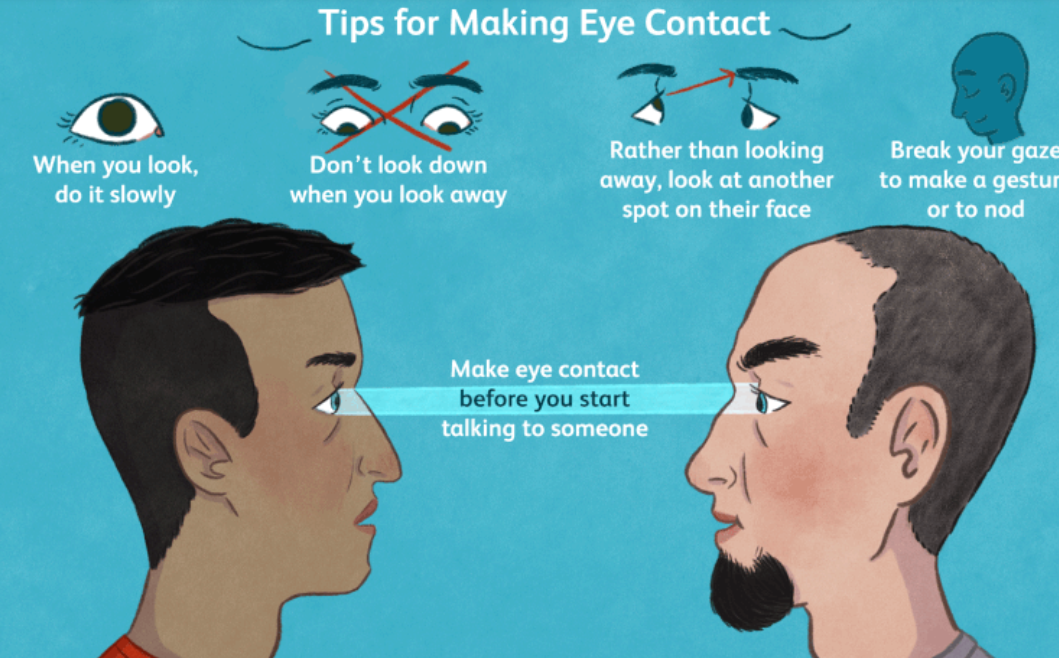 nine0008
nine0008
Valeriya: We don't have any kind of hierarchy in relationships, so there is no pressure when one makes decisions for another. This is not eating each other's emotional resources, but complementing and supporting.
Anna: The main danger in a relationship with a person with a serious illness is to fall into codependency. This format is equally bad for both the "controller" and the "subordinate". Unfortunately, I have been in such relationships before. It is worth maintaining mutual respect and treating each other as equals. Illness should not dominate a relationship. In difficult episodes, it temporarily comes to the fore, but you should always remember that you are not a disease. nine0008
Anna: I have memory problems: I don't remember some episodes. In such cases, I can ask Lera for help. If you remember the last weeks, then these are regular reminders to call the doctor. In mixed episodes, this becomes an acute problem, because I can suddenly change my mind or forget. Against the backdrop of a severe episode, I may develop psychosis, and this is the most dangerous thing in the disease. Thanks to our format, I manage to avoid such exacerbations almost always.
Against the backdrop of a severe episode, I may develop psychosis, and this is the most dangerous thing in the disease. Thanks to our format, I manage to avoid such exacerbations almost always.
The advantages of observation from a loved one are an early response and the fact that he knows the patient's usual behavior very well and can notice even small changes. The main disadvantage is that normal friendly communication risks turning into constant monitoring of symptoms. Not every mentally healthy person is able to remain within the boundaries of reason. nine0008
It is important to agree in advance, before an attack, what is an undoubted sign of a worsening condition (for example, persistent insomnia), and what does not need to be given special attention (for example, loud indignation at something that you do not like). In a difficult situation, often a loved one begins to behave not as an equal, but as a “healthy” and “knowledgeable”. Not all relationships stand this test.
There is also a variant of "buddy" (when two people with mental disorders look after each other. — Note ed. ) - it is good precisely because it is the true request of the patient and more equal relations without mixing roles. But I don't know the buddy support system.
To choose a person you can rely on in a critical situation, take a closer look at your surroundings. Above all, a high level of trust is needed. Your assistant should be open to nonjudgmental and open dialogue and at the same time emotionally stable and resistant to stress.
Support is essential for every person - very often, and we, mental health professionals, need it. And with bipolar disorder, this problem is especially acute. At the initial stages, those closest to you often ignore the presence of the disease, and friends advise you to either "pull yourself together" or, conversely, "relax", sometimes with the help of alcohol. When it becomes obvious to everyone that the “condition” will not go away on its own, urgent hospitalization is already required.
